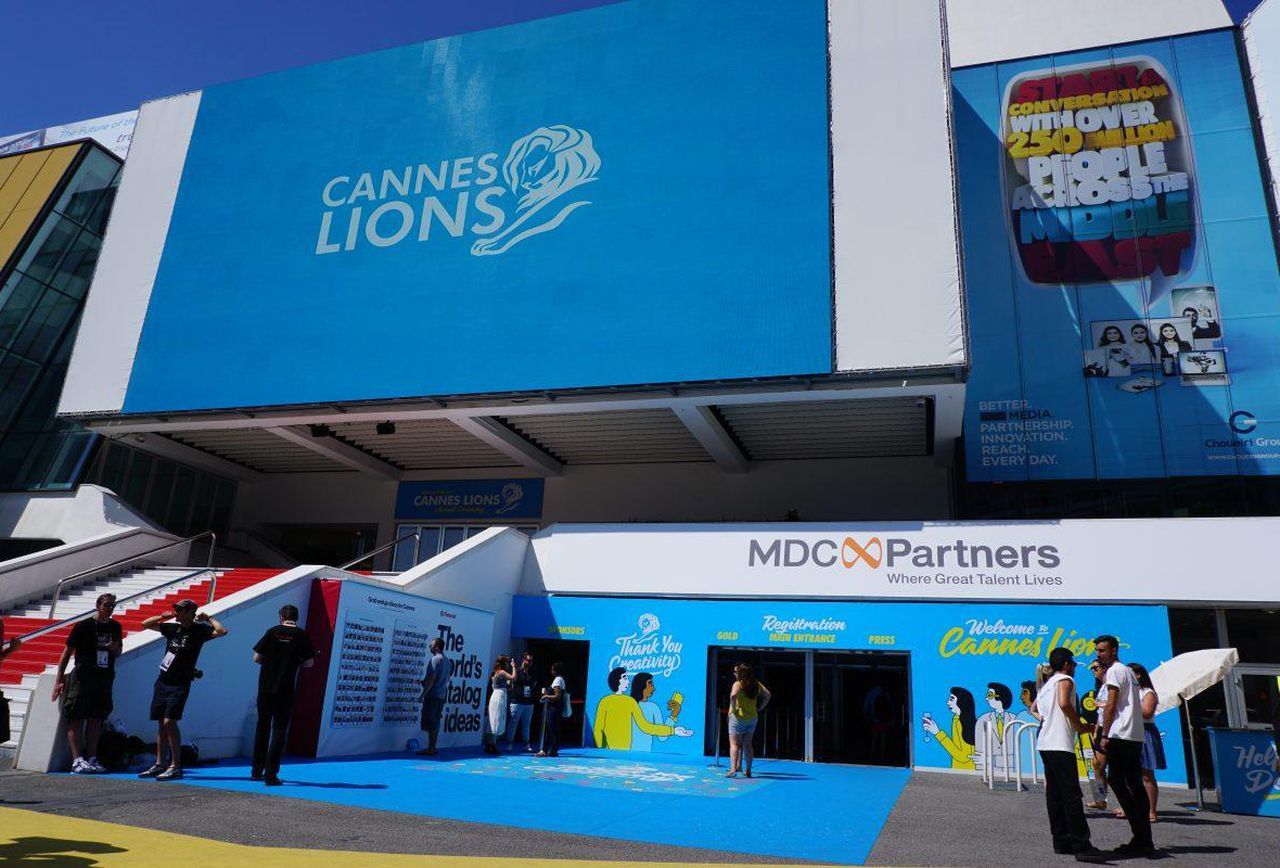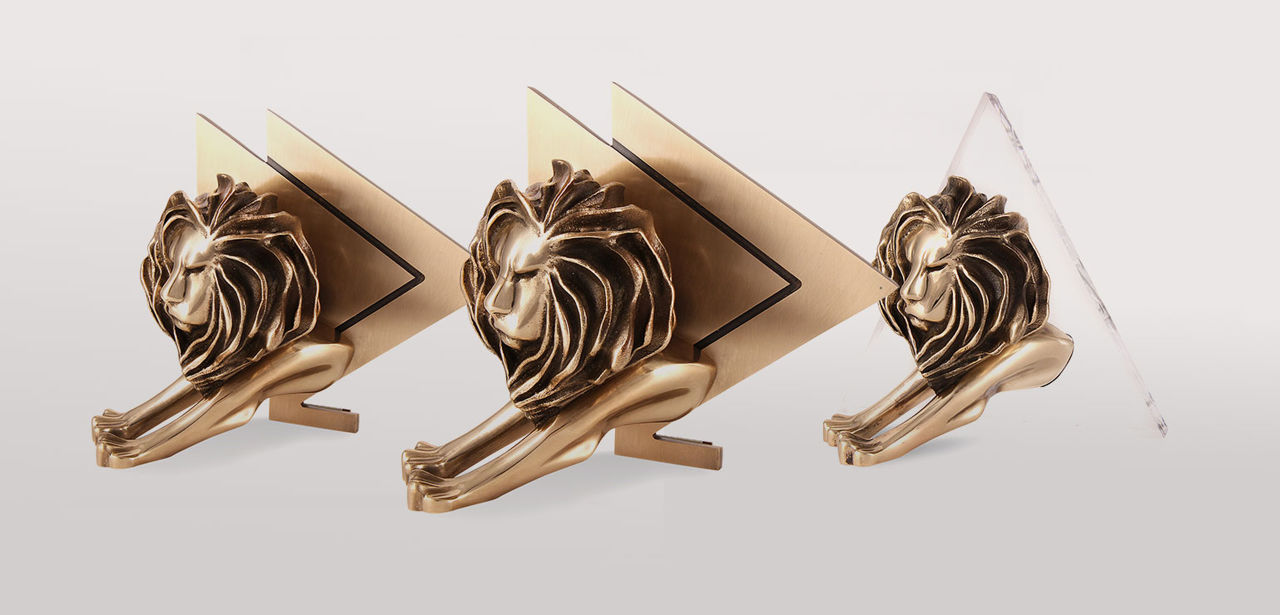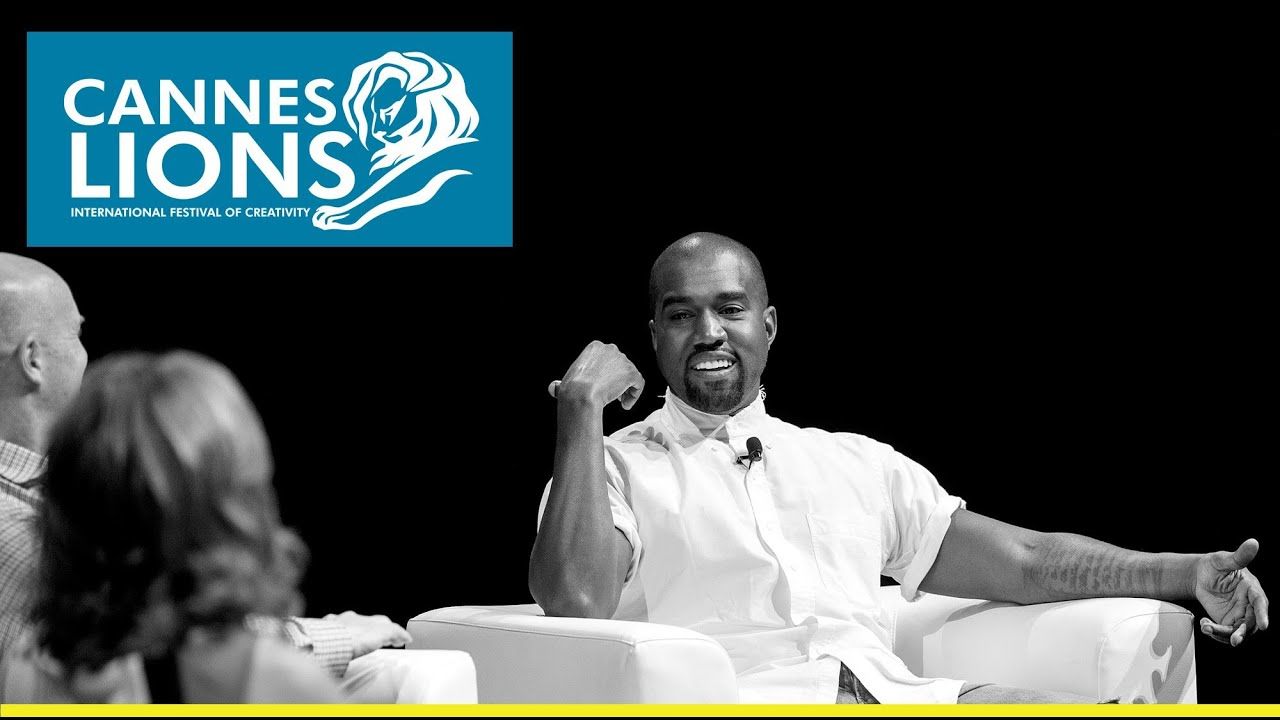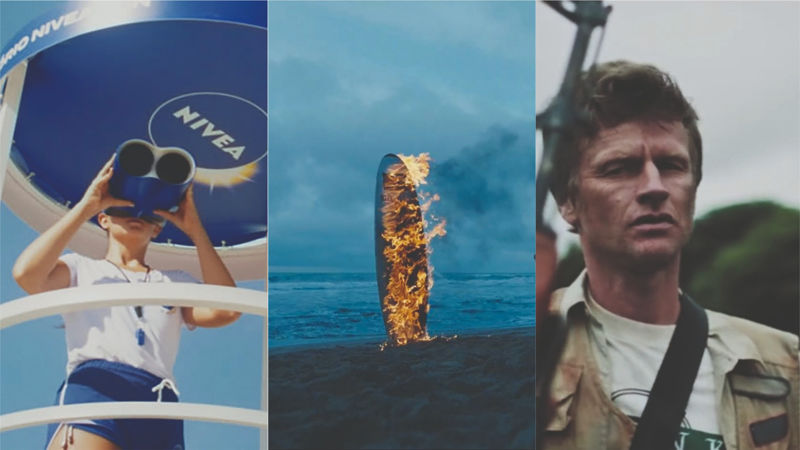Cannes is awesome; but not in the way people think
Too big. Too unwieldy. Too tech-focussed. Too money-minded. Too hedonistic. Ahead of next week, when a swathe of adland's global contingent will head to Cannes, The Moon Unit make the case for a festival which, while changed, continues to provide the industry with a dose of what it needs.
Here comes Cannes again! That’s right, it’s time for the film festival luvvies to make way for the real filmmakers – us, the girls and guys of the advertising industry.
Cannes has changed, and it’s changed one hell of a lot. In our view, it’s still awesome… but in a different way than it used to be.
And so what if, a week later, the Palais des Festivals will be occupied by the bathroom plumbing industry, or a bunch of insurance salesmen? That doesn’t matter. For one, glorious week, we quite literally have our time in the sun.
But it’s a time that’s inevitably preceded by trade-press columnists and the keyboard warriors of Twitter complaining that “Cannes isn’t what it used to be".
That’s true. Cannes has changed, and it’s changed one hell of a lot. In our view, it’s still awesome… but in a different way than it used to be.

Let’s address the most common complaints.
The accusations against Cannes are of three types: that it has become a giant boondoggle rather than a showcase of great work, that many (perhaps even most) of the entries are ‘scam’, and that its true purpose is to make money not to advance the cause of advertising.
We are the vanguard of capitalism. And Cannes is the vanguard of the vanguard.
Let’s knock that last one out first. Yes, the festival has always been a commercial enterprise. The very first ‘Cannes’ (actually held in Venice) in 1954 was set up by a group of cinema screen advertising contractors. They claimed they wanted to highlight the best of creative advertising, but in reality they were showcasing their wares – trying to persuade more clients to advertise in cinemas.
There has been a complaint that Cannes has ‘over-commercialised’ by adding so many new categories. Are they just cashing in? Well, that’s probably what people said back in 1992, when Cannes introduced Lions for Press & Poster.
And what’s wrong with that? As advertising practitioners, can we really object to an organisation having a commercial purpose? Let’s face it, 95% of the work we do is for commercial purpose. We are the vanguard of capitalism. And Cannes is the vanguard of the vanguard. It’s an advertising festival, and what it is advertising – ultimately – is advertising itself. As fans of advertising, we surely can’t object to that.
In recent years, there has been a complaint that Cannes has ‘over-commercialised’ by adding so many new categories. And it’s true that, at first, some of these new categories may seem unnecessary. This year, for example, will see the first Lions awarded for Creative Strategy, plus the inaugural Entertainment Lions for Sport. Are they just cashing in? Well, that’s probably what people said back in 1992, when Cannes introduced Lions for Press & Poster, or in 2005 when they introduced Lions for Radio. Today it seems ridiculous that posters or radio ads would not be awarded alongside TV & cinema ads.
It’s certainly true that the festival has evolved beyond being an awards show into something that is more like a TED conference.
The accusation that Cannes is full of ‘scam’ work is not one that is worth going into at length. Even the definition of scam is not clear. Does the term apply only to work that never actually ran in paid media, or should it also apply to work that ran in paid media but which was proactively initiated by an ad agency rather than a client? It’s an issue that’s very hard to resolve. And it’s an issue that plagues every awards show, not Cannes uniquely.

The accusation that is unique to Cannes was the first one on our list – that it has moved away from its core purpose of showcasing the work, in favour of becoming a giant boondoggle.
It’s certainly true that the festival has evolved beyond being an awards show into something that is more like a TED conference.
Of course Kanye West has never written a Pampers ad, or shot a Ford commercial. But he’s undeniably an extremely creative individual.
Speakers are seemingly chosen for their star power, rather than any relevance to advertising. (This year’s line-up includes Jeff Goldblum, Arianna Huffington, and Alfonso Cuaron).
Perhaps the high-point of this hullabaloo followed the announcement that Kanye West, old Yeezus himself, would speak at the Cannes Festival in 2014.
But the criticism of celebrity speakers takes too narrow a view of what advertising is. Of course Kanye West has never written a Pampers ad, or shot a Ford commercial. But he’s undeniably an extremely creative individual. And in fact his session threw out some rather interesting insights into creativity, like Kanye’s excellently hardcore assertion that “a creative has to believe more in an idea than their personal wellbeing.”

There is, it is true, less emphasis nowadays on showcasing the work and more on networking.
But that evolution has happened for a very sound reason: the internet. Back in about 1989, anyone attending the Cannes festival would have seen things which are impossible to see today: great ads they hadn’t seen before.
Before the internet, the only way you could see an incredible American TV ad (if you weren’t American) or a finely-crafted French TVC (if you weren’t French) was – barring the possibility of getting hold of the director’s reel – to see them at Cannes.
How many directors have been wooed by a new production company at Cannes? Those yachts aren’t just for drinking on.
Nowadays, any great ad made anywhere in the world is seen all over the world, within hours. There is simply not the same need for Cannes to do the job of showing the work.
Instead, the festival defines itself (on its website) as “Home to the entire marketing community” and states that “Cannes Lions shapes the creative marketing agenda.”
It may irk some directors and creatives, who once saw Cannes as ‘their’ festival, that it is now home to a broader range of industry people. But they can take solace from the fact that clients and account executives who go to Cannes will attend many more meetings than they do parties.
For global clients, Cannes has become an annual opportunity to get together with their agencies and map out the strategy for their brands. We should be delighted that these meetings are taking place in Cannes, against a backdrop of the world’s best ads and most creatively inspiring speakers, where the agencies have a chance to get their clients enthused about creativity.
And if Cannes is a bit of a boondoggle – a freebie, a party, a week of hedonism – then so what? It’s a stressful industry, and we all need a break sometimes.
Besides, networking is not just for suits. How many creatives have found their next job at Cannes? Stroll through the lobby of the Hotel Martinez at midnight, and you’ll see many creative directors in deep conversation with an international headhunter, or ad agency CEO. How many directors have been wooed by a new production company at Cannes? Those yachts aren’t just for drinking on.
If there was one category in 1954 and 27 categories today, then a mathematical extrapolation suggests that by the year 2084 there will be 729 categories!
And if Cannes is a bit of a boondoggle – a freebie, a party, a week of hedonism – then so what? It’s a stressful industry, and we all need a break sometimes. The long lunches we used to enjoy during the working week have largely disappeared. Even socialising in the evening is on the decline. So sending a creative or a director on an all-expenses-paid jaunt to Cannes is a fine way to reward a top performer, keep them motivated, and keep them in the fold.
And the claim that Cannes Lions shapes the creative marketing agenda is more true today than ever. The industry’s thought-leaders know they will have a global audience at Cannes, both at the events themselves and online. So they save their best ideas for the festival. It’s no coincidence that trends like data-based advertising and AI-fuelled creativity have been championed at Cannes. The confluence of forward-thinking speakers and attendees does genuinely foster innovation.
Cannes will continue to serve as a perk that helps keep good people in the industry.
So, where will that innovation take us – what will Cannes look like in five years time? Or fifty years? A safe prediction is that the range of categories will continue to grow. If there was one category in 1954 and 27 categories today, then a mathematical extrapolation suggests that by the year 2084 there will be 729 categories! Unlikely. But expansion in line with the expansion of our industry is a given.
And just as our industry is becoming more data-driven, so will Cannes. The awards jury system has always been a subjective determination of quality. Every year sees examples of a film winning a Gold Lion in one category and diddly squat in another. That could change. As technology like eye-tracking software and neurological measurement systems improve, it may become possible to determine with some objectivity which ads had the biggest emotional effect on viewers, or which thrilled them the most. Could categories in fifty years’ time be re-oriented around how ads actually affected people’s brains? Unknown.
But however technology evolves, the core role that Cannes currently plays will remain the same. It will continue to serve as a perk that helps keep good people in the industry, it will continue to play a part in convincing clients of the value of creativity, and most of all, it will continue to provide insecure creatives and directors with the recognition we so desperately need.
)




 + membership
+ membership











